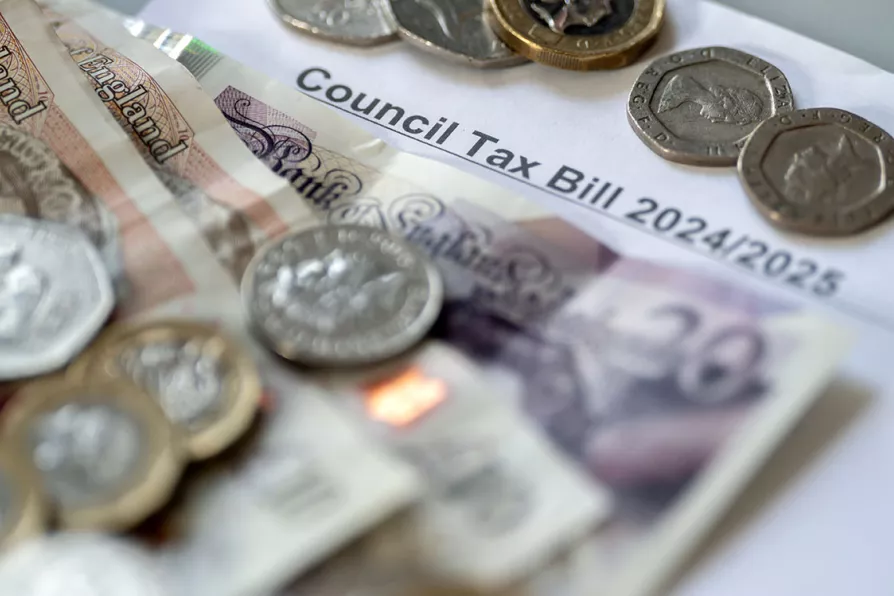Households set to be £400 worse off this tax year, report finds

 Money stacked on top of a council tax bill
Money stacked on top of a council tax bill
WORKING-AGE households are set to be an average of £400 worse off in the year ahead amid income squeezes and bill hikes, the Resolution Foundation has warned.
A new report by the think tank estimates that the disposable income of a typical household will fall by 1 per cent, while those across the poorest half of Britain are set for a sharper 2 per cent fall, losing the equivalent of £300.
One contributing factor is council tax rises, with households facing an £80-per-year average increase as rates rise by 5 per cent across most of England, 7 per cent in Wales and 9 per cent in Scotland.
Similar stories

Energy giants rake in half a trillion pounds out of people’s misery, campaigners warn













